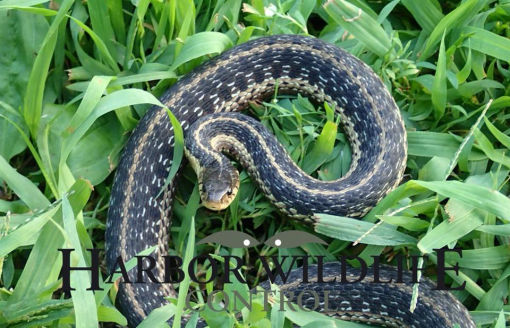
Common Garter Snake
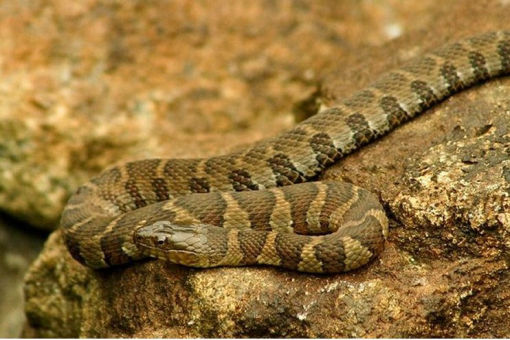
Northern Water Snake
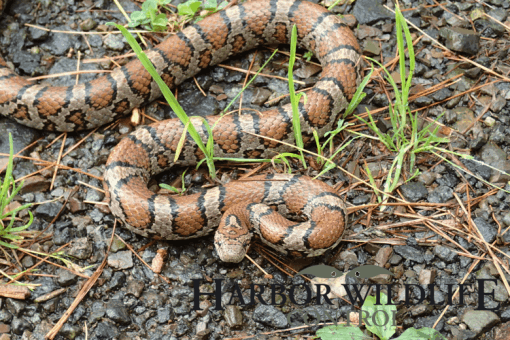
Milk Snake
Because of misconceptions, many people fear snakes and consequently try to eradicate them.
Maine is home to 9 species of snakes; Garter Snake, Northern Water Snake, Red-Bellied Snake (smallest), Smooth Green Snake, Milk Snake, Brown Snake, Ribbon Snake, Ring-Necked Snake, Northern Black Racer (largest). All snakes are cold-blooded, meaning their body temperature fluctuates with the temperature around them. This is why you will often see snakes “sunning” themselves on an exposed rock or even on the side of the road. Both rocks and pavement (especially dark pavement) absorb and hold the warmth of the sun.
Being cold-blooded, snakes are true hibernators. Once the daytime temperatures dip below about 55 degrees, snakes will enter their dens and hibernate for the winter. Their metabolism slows down so much that they can survive on just the fat stores in their bodies. All Maine snakes hibernate in a den which must be properly vented, not too wet or too dry, and warm enough to keep the snakes from freezing to death. To help with this, certain species including garter snakes hibernate with other snakes in one big ball, so that they can share warmth. This is called a hibernaculum.
Snakes are carnivores, meaning they eat meat. Snakes are wonderful as pest control! They prey on or eat many animals that we consider pests and that can do damage to our gardens. In fact, red-bellied snakes love to eat slugs! For additional information on Maine Snakes check here.
New Jersey is home to some 24 snake species, many of which may look dangerous to humans. However, most are ultimately beneficial in the capture of rats and mice. Common non-venomous snake species include the Black Racer, Eastern Garter Snake, Milk Snake, Black Rat Snake, Eastern Ribbon Snake, Eastern Hognose Snake, Scarlet Kingsnake, and the Northern Water Snake which is commonly confused with the Copperhead. The Corn Snake is also present in New Jersey but it is an endangered species.
New Jersey is home to two types of venomous snakes. The Northern Copperhead, and the Timber Rattlesnake (Endangered). They are in the family of pit vipers. The venom of these snakes is haemotoxic, that is, it destroys the red blood cells and the walls of the blood vessels of the victim. You can read more about New Jersey snakes here.
NOTE: If you find a snake and you do not know whether or not it is venomous, the safest thing to do is to leave it alone and call Harbor Wildlife Control trapping professionals. If you or someone else is bitten by a poisonous snake, you should immediately seek medical attention at the nearest hospital or medical facility.

Common Garter Snake

Northern Water Snake

Milk Snake
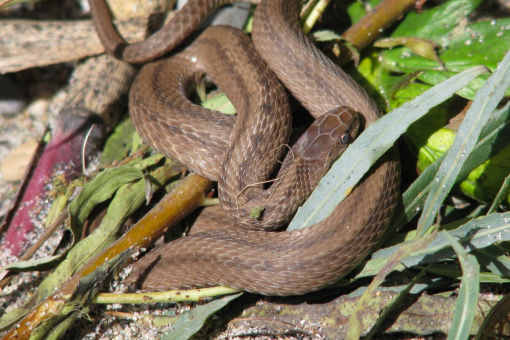
Brown Snake
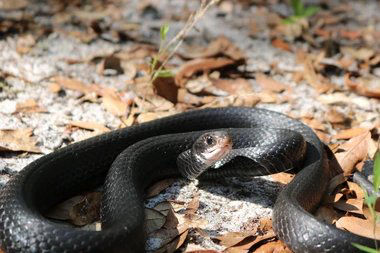
Northern Black Racer
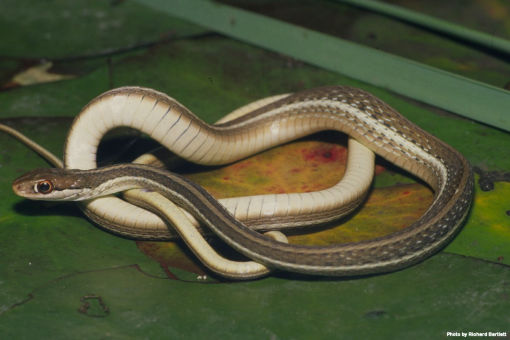
Ribbon Snake
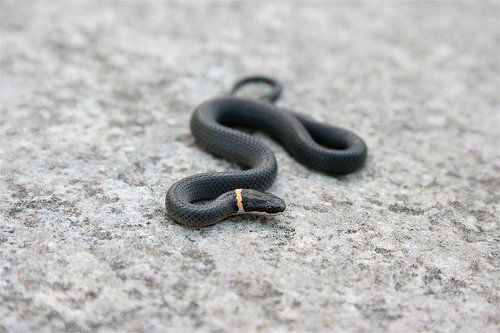
Southern Ring-Necked Snake
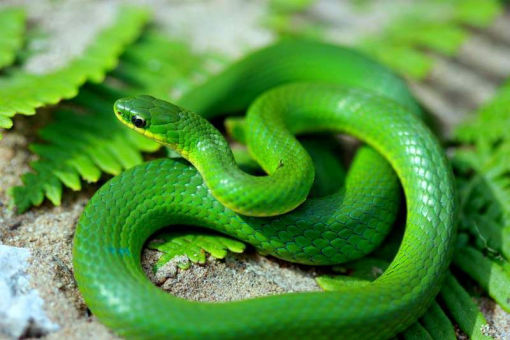
Smooth Green Snake
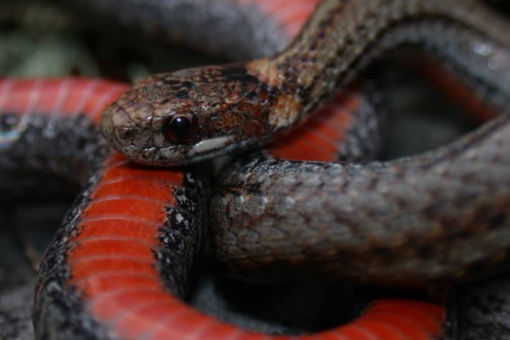
Red-Bellied Snake
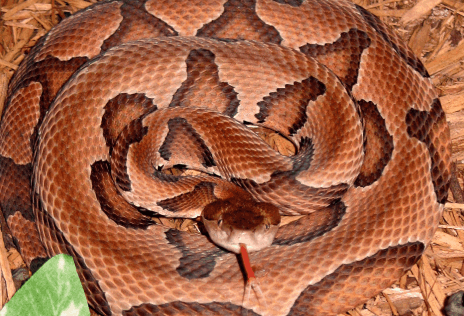
Northern Copperhead
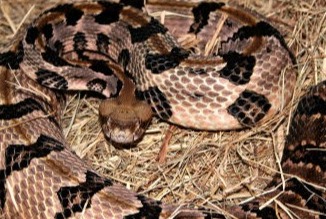
Timber Rattlesnake
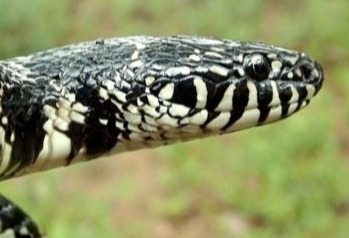
Eastern King Snake
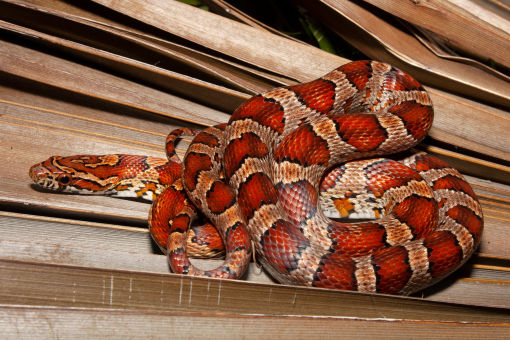
Corn Snake
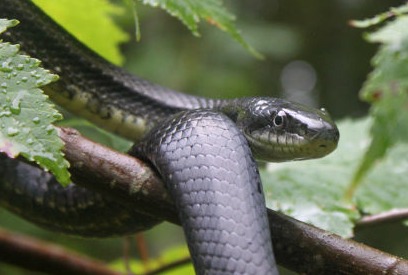
Black Rat Snake
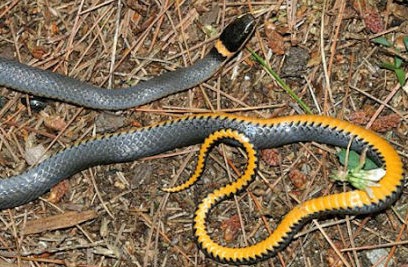
Northern Ringneck Snake
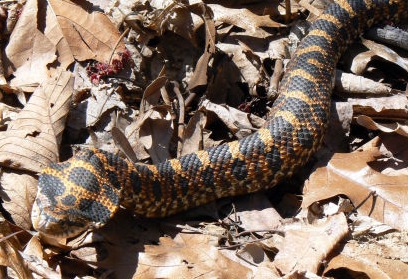
Eastern Hognose Snake
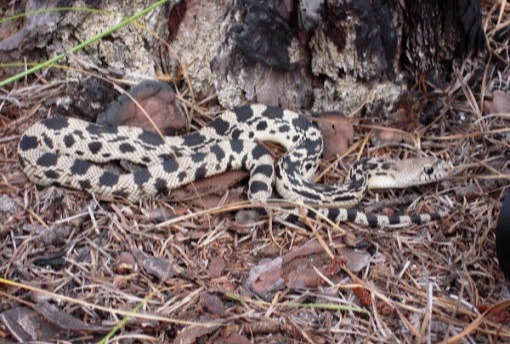
Northern Pine Snake
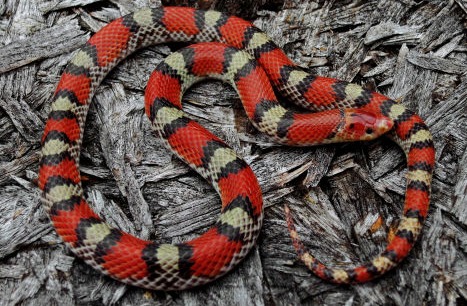
Northern ScarletSnake
Serving the Following areas for Dead Animal Removal:
Maine (Counties: Aroostook, Penobscot, Piscataquis, Hancock, Washington)
New Jersey (Counties: Hunterdon, Mercer, Middlesex, Monmouth, Somerset, Union)